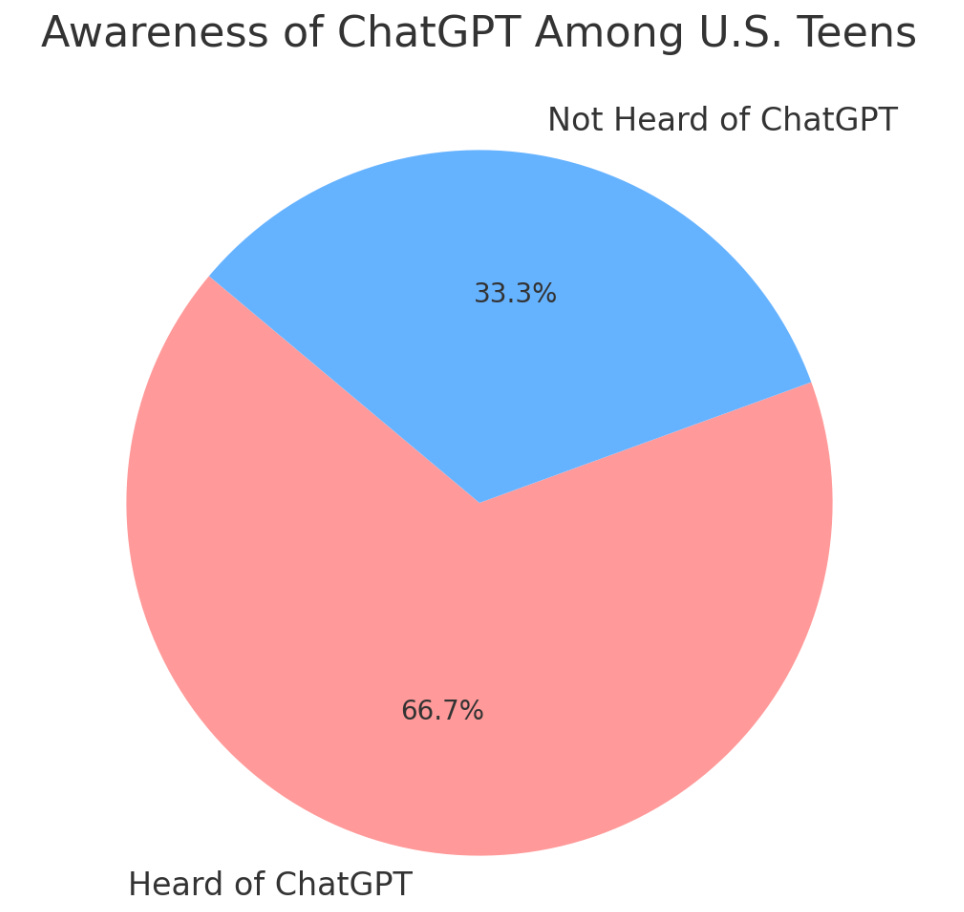Integrating AI at School: a Question of Equity
Will the AI revolution superpower equity - or inequity?
The most important issue surrounding the use of AI for teaching and learning purposes is arguably the least talked about: equity.
Yes, students might use “CheatGPT” to write their essays (if we do not adapt such assignments to our new reality), and they might come to depend on this “help” to a point where they fail to develop fundamental skills. Yes, generative AI tools can be inaccurate, biased, and serve harmfuld ends. Yes, AI technologies will likely disrupt the job market (they already have) and transform society.
All of this (and more) is true, but an added layer and even bigger problem is that these issues do not and will not affect everybody equally.
AI has the potential to make learning more effective and universally accessible - but it could also worsen the inequalities that stem from education.
So, which is it going to be? Will AI superpower equity, or inequity?
“Have you heard of ChatGPT?”
There are many reasons to believe that AI could make educational inequalities worse:
1 - Access to AI technologies is not equal. When this point is raised, the focus is usually on the fact that using AI requires a device and internet connection, and sometimes paid subscriptions. While this is true, a more important factor is the unequal awareness of the very existence of freely accessible tools such as ChatGPT. While 97% of U.S. teens have internet access at home, only 2/3 had heard of the OpenAI chatbot in October 2023, with large variations by race and socio-economic status.
According to a Pew Research report based on an online survey of a representative sample of 1,453 U.S. teens, the proportions of 13-17 years olds who had heard of ChatGPT were:
72% of White teens, 63% of Hispanic teens, and 56% of Black teens
58% of teens living in households earning >$30,000<$75000
41% of teens earning <$30,000
“My big sister taught me this…”
2 - Depending on their economic and socio-cultural environment, teens are unequal, not only in “how much” they have heard about AI, but also in “how well” these conversations allow them to use these tools.
The Pew Research report mentioned above found that 20% to 25% of teens were not sure whether using ChatGPT to research new topics, solve math problems, or write essays, was acceptable. And it is likely that, unless their schools integrate AI intentionally and effectively into teaching and learning practices, students’ AI competencies will largely depend on their parents - and whether they use it professionally, i.e., are white-collar intellectual workers, or not. This is nothing new: parents’ intellectual capital has long pre-determined the educational achievements of their offspring, but AI might superpower this inequality.
3 - Unless it is appropriately embedded in their school environment, some students will have an unfair advantage in how well they can use AI for learning purposes - and how expertly they can do so without being detected (something their parents might try to do as well…) As has been noted by many already, AI detectors are inherently unfair, not only because they might inaccurately accuse certain students, or because there are biases on who they “catch”, but also because strategies to bypass them are not taught at school, and thus accessed through other means - such as having a sibling in college or a parent producing intellectual content…
4 - Being intentional about AI integration involves teaching students about the appropriate and effective use of these new technologies for learning purposes - which starts by training faculties in their potential use for teaching purposes. Otherwise, the risk is high that different students will benefit from very different levels of expertise from the adults in their classrooms.
5 - On a global scale, these issues mean that AI might either narrow or widen the development gap by helping economies gain in efficiency and innovation. In addition to public school systems, international schools thus have an important role to play in ensuring that students from all over the world are prepared to lead the AI revolution in their home countries.
Moral of the story
AI literacy will likely be a critical factor in students’ success, not only in school and in college, but professionally, and on a global scale. For that reason, extensive and high-quality AI integration is necessary to ensure future-readiness — and equity.






